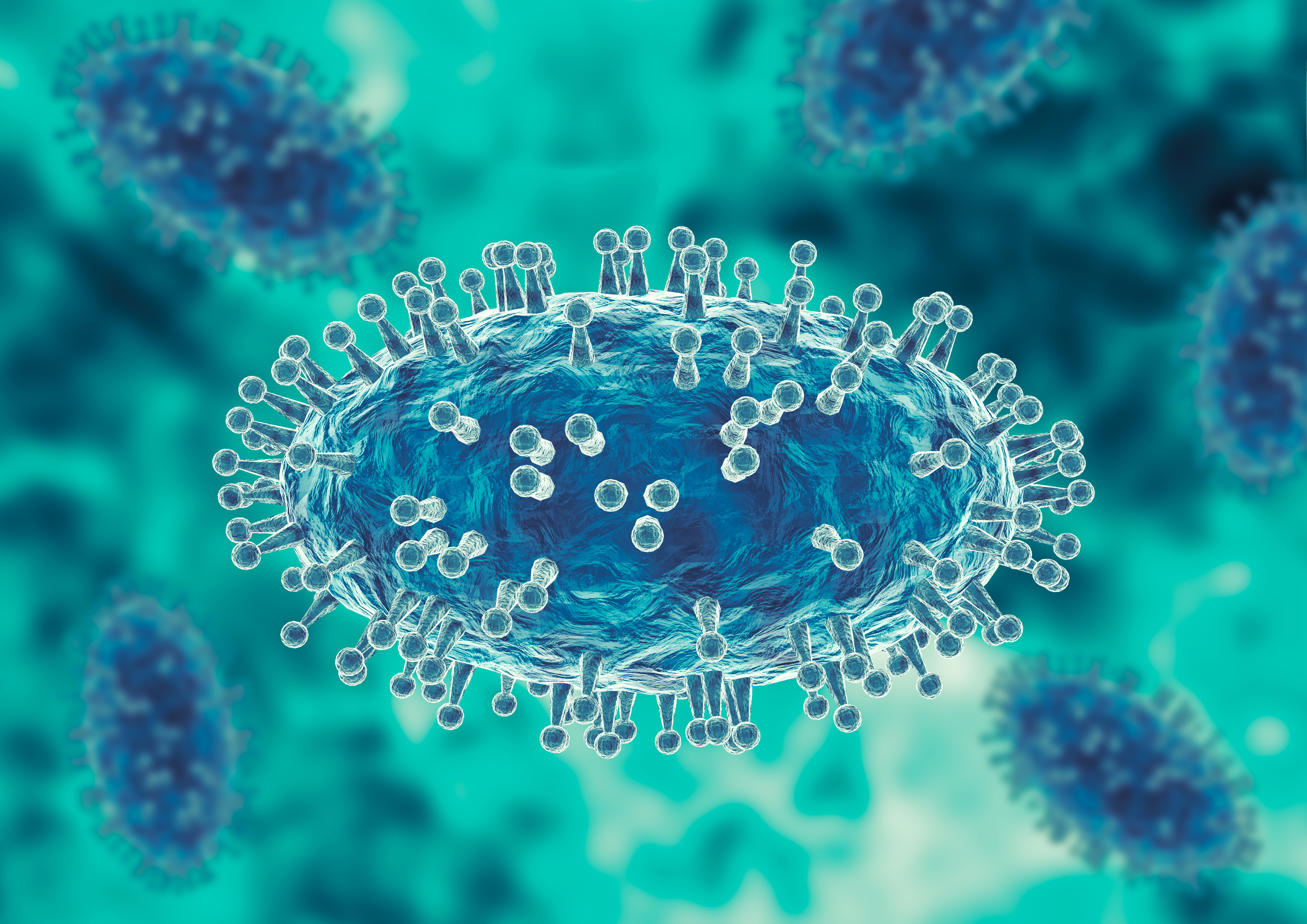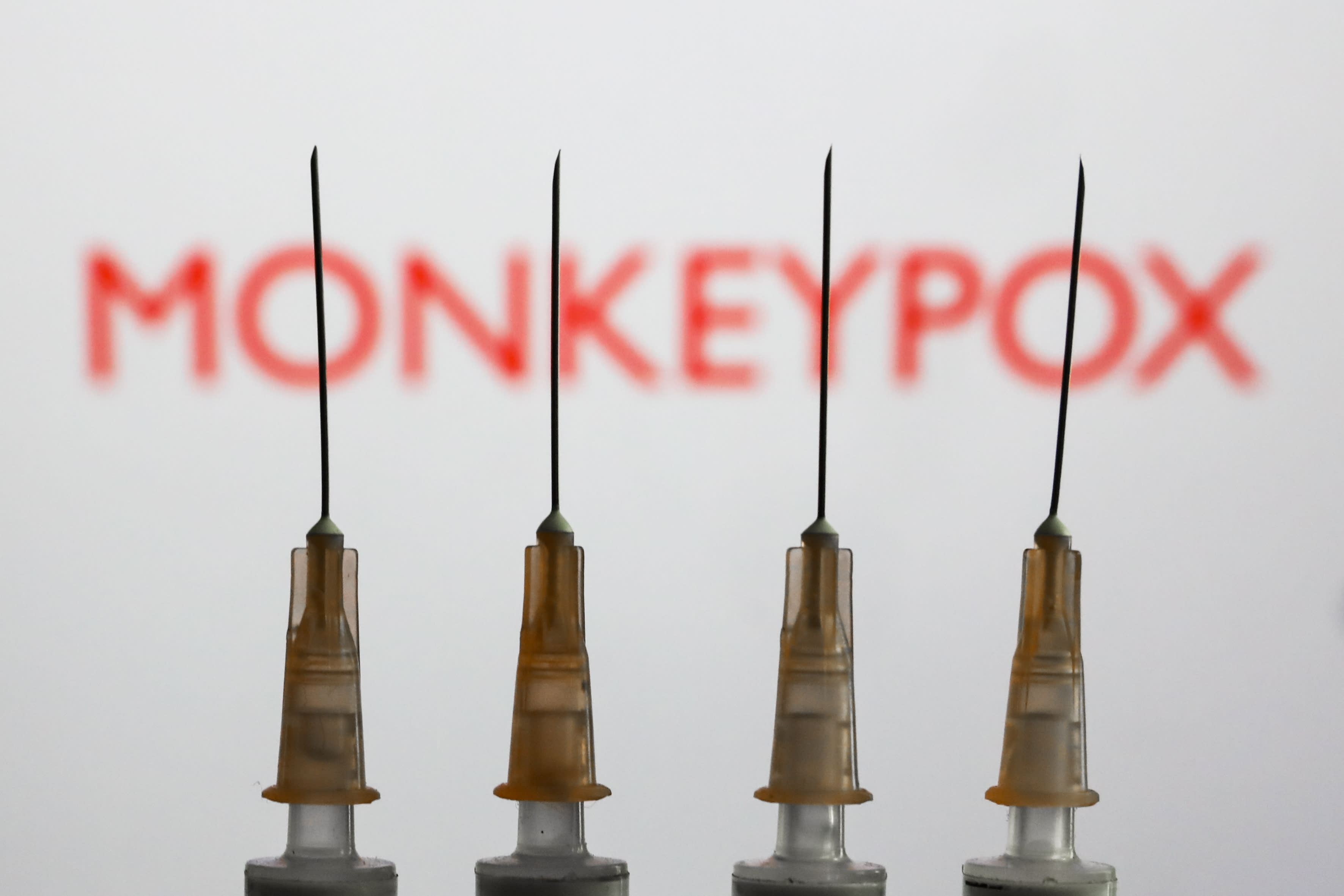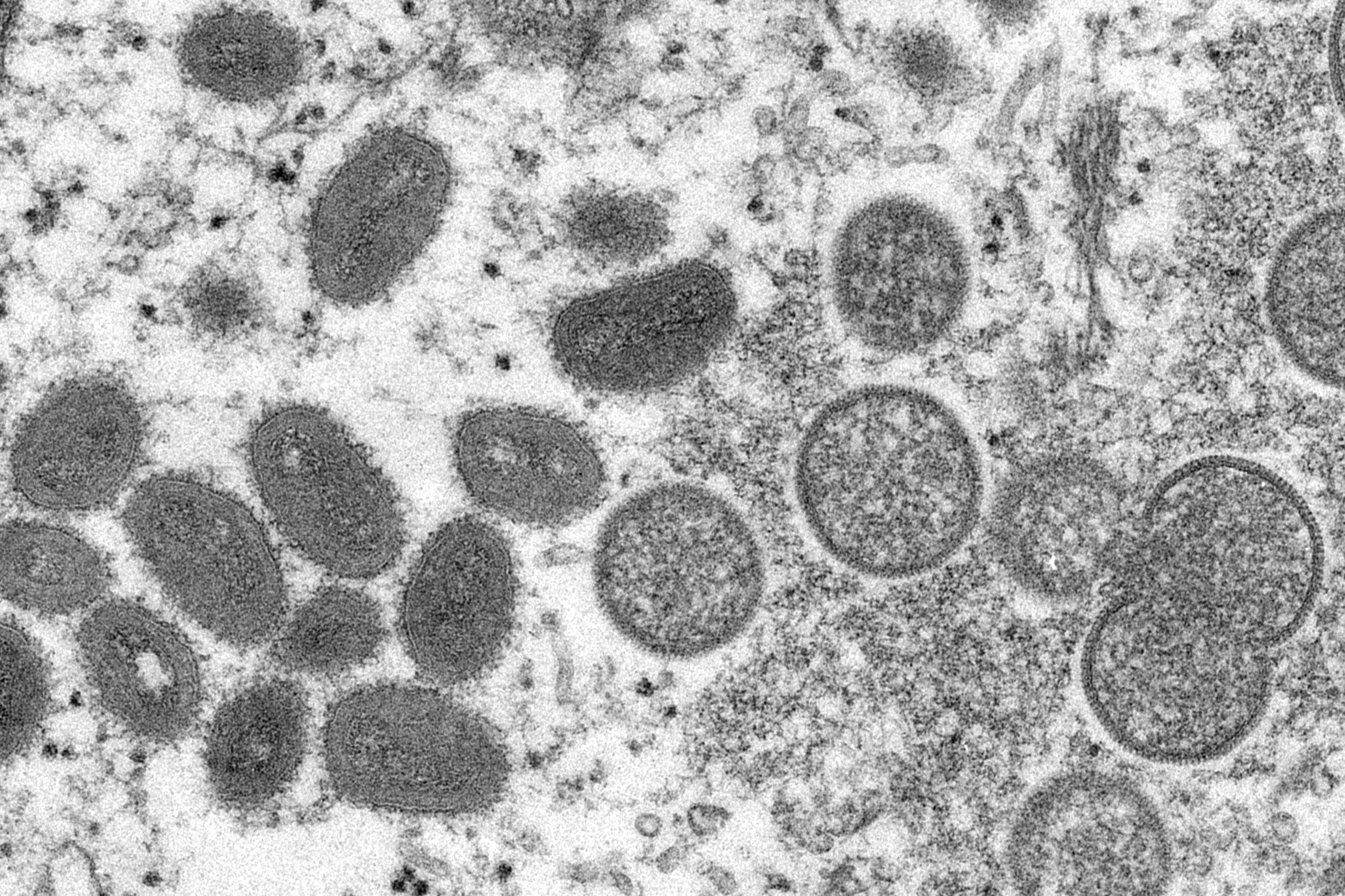Almost two dozen cases of monkeypox have now been reported across New England, including 21 in Massachusetts alone, according to a combination of state and national data.
The Centers for Disease Control and Prevention's case count by state shows that 15 cases have now been confirmed in Massachusetts, up two from last week. The Massachusetts Department of Public Health, which provides updates every Thursday, reported a total of 21 cases in their state Thursday afternoon.
WATCH ANYTIME FOR FREE
>Stream NBC10 Boston news for free, 24/7, wherever you are. |
New Hampshire reported its first monkeypox case on Wednesday in a resident of Rockingham County. State health officials are working to identify others who may have been exposed. The case is not yet included on the CDC's database, which was last updated at 2 p.m. Wednesday.
Rhode Island had earlier reported one case of monkeypox in a person who had recently traveled to Massachusetts. The case was in a man in his 30s who lives in Providence County and did not require hospitalization, officials said.
Get updates on what's happening in Boston to your inbox. Sign up for our >News Headlines newsletter.
Over 350 cases have now been reported across the U.S., including 80 in California, 72 in New York, 46 in Illinois, 35 in Florida and 21 in Washington, D.C.
The latest update from the World Health Organization, released Monday, said that 3,412 cases and one death have now been confirmed in 50 countries and territories worldwide. The majority of those cases (86%) were in Europe.
On Tuesday, U.S. health officials expanded the group of people recommended to get vaccinated against the virus. They also said they are providing more monkeypox vaccine, working to expand testing and taking other steps to stay ahead of the outbreak.
What Is monkeypox?
Monkeypox was first discovered in 1958, when outbreaks occurred in colonies of monkeys kept for research -- resulting in its name.
The first case in a human was reported in 1970 in the Democratic Republic of the Congo, which still has the majority of infections. Other African countries where it has been found: Cameroon, Central African Republic, Cote d’Ivoire, Democratic Republic of the Congo, Gabon, Liberia, Nigeria, Republic of the Congo and Sierra Leone.
Human symptoms of monkeypox are similar to but milder than the symptoms of smallpox, the CDC says. It presents itself as a flu-like illness accompanied by lymph-node swelling and rash on the face and body.
Monkeypox starts off with fever, headache, muscle aches, and exhaustion. Monkeypox also causes lymph nodes to swell, something that smallpox does not. The incubation period is usually 7−14 days but can range from 5−21 days.
The CDC is urging healthcare providers in the U.S. to be alert for patients who have rashes consistent with monkeypox, regardless of whether they have traveled or have specific risks for monkeypox. See more information from the travel notice here.
How do you catch monkeypox?
The CDC issued new monkeypox guidance earlier this month as the number of suspected cases nationwide boomed, marking America's largest-ever outbreak of monkeypox, which typically has been confined to other continents.
While the CDC says the risk to the general public remains low, people are urged to avoid close contact with those who are sick, including those with skin or genital lesions, as well as sick or dead animals. Anyone displaying symptoms, like unexplained skin rash or lesions, should reach out to their healthcare providers for guidance.
More monkeypox stories
What you should do if you think you might have monkeypox
Anyone with a rash that looks like monkeypox should talk to their healthcare provider, even if they don’t think they had contact with someone who has monkeypox. According to the CDC, people who may be at higher risk might include but are not limited to those who:
- Had contact with someone who had a rash that looks like monkeypox or someone who was diagnosed with confirmed or probable monkeypox
- Had skin-to-skin contact with someone in a social network experiencing monkeypox activity, this includes men who have sex with men who meet partners through an online website, app or social event
- Traveled outside the U.S. to a country with confirmed cases of monkeypox or where monkeypox activity has been ongoing
- Had contact with a dead or live wild animal or exotic pet that exists only in Africa or used a product derived from such animals
What are the symptoms of monkeypox?
Human symptoms of monkeypox are similar to but milder than the symptoms of smallpox, the CDC says. It presents itself as a flu-like illness accompanied by lymph-node swelling and rash on the face and body.
Monkeypox starts off with fever, headache, muscle aches, and exhaustion. Monkeypox also causes lymph nodes to swell, something that smallpox does not. The incubation period is usually 7 to 14 days but can range from 5 to 21 days.
The CDC is urging healthcare providers in the U.S. to be alert for patients who have rashes consistent with monkeypox, regardless of whether they have traveled or have specific risks for monkeypox. See more information from the travel notice here.
Get updates on what's happening in Boston to your inbox. Sign up for our News Headlines newsletter.




